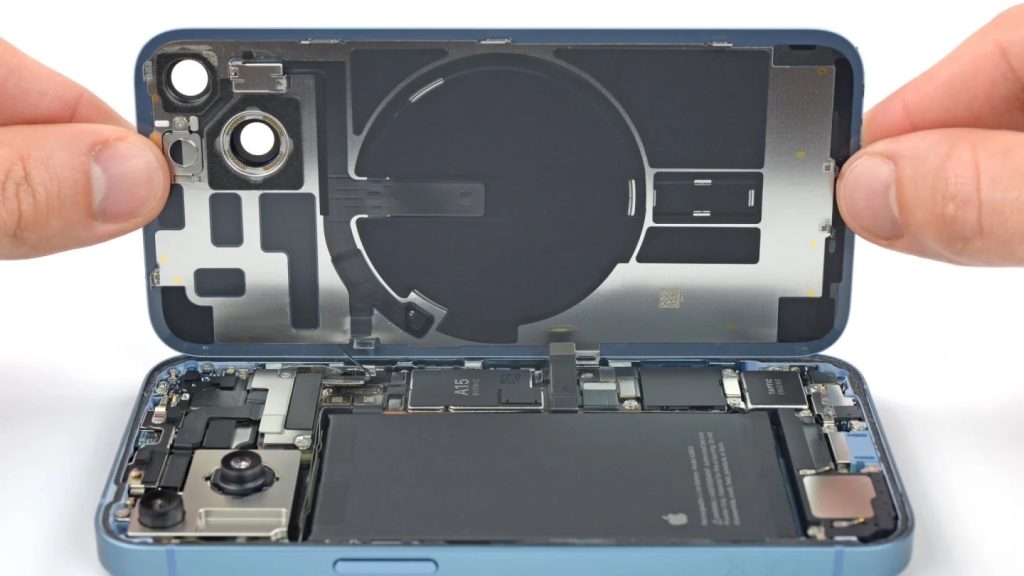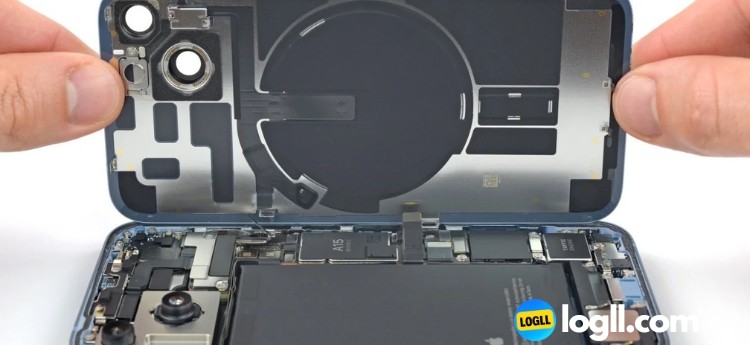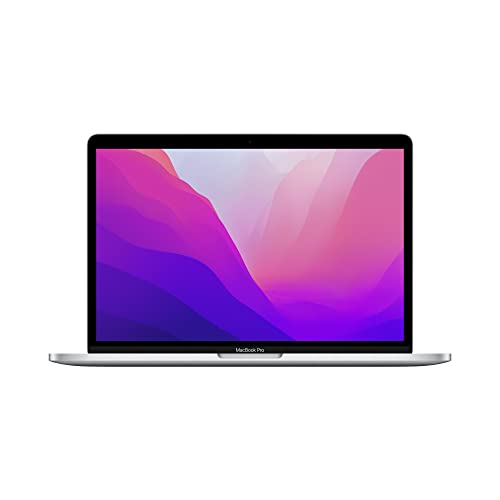It’s the never-ending Apple’s story of planned obsolescence. HOP (Halt Against Obsolescence Programmed) filed a complaint against Apple, accusing it of this and preventing its smartphones from being repaired easily.
After upgrading to iOS 16
As a starting point, the complaint focuses on the problem associated with serialization. Apple links the serial numbers of its various components, which is a common practice.
So, if a part should be replaced with a wrong one, it will be unable to work; for instance, if a part has been replaced with the wrong one, the smartphone will not be able to work.
Unauthorized repair centers
This is why the company limits the possibilities of self-repair and repair in unauthorized repair centers. Furthermore, the association points out that it has received cases where a set of identical original parts was used for repair, but still, the smartphone was not functioning properly. The device has also worked normally after repair, but after the next iOS update, its functionality was disrupted. Several iPhone XR experienced this issue after upgrading to iOS 16.

2022 Apple MacBook Air Laptop with M2 chip: 13.6-inch Liquid Retina Display, 8GB RAM, 512GB SSD Storage, Backlit Keyboard, 1080p FaceTime HD Camera. Works with iPhone and iPad; Starlight
2022 Apple MacBook Pro Laptop with M2 chip: 13-inch Retina Display, 8GB RAM, 256GB SSD Storage, Touch Bar, Backlit Keyboard, FaceTime HD Camera. Works with iPhone and iPad; Silver
$1,037.51
HOP complaint
According to the HOP complaint, there were various main points: misleading commercial practices and planned obsolescence. It is difficult to find public data about planned obsolescence. Apple already had to pay a fine for declining iPhone performance in the past. The company attributed it to preserving autonomy.
We publish our latest Logll Tech News via Telegram and Twitter.






